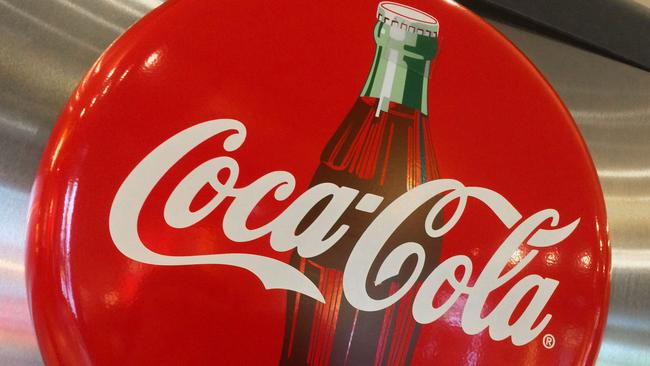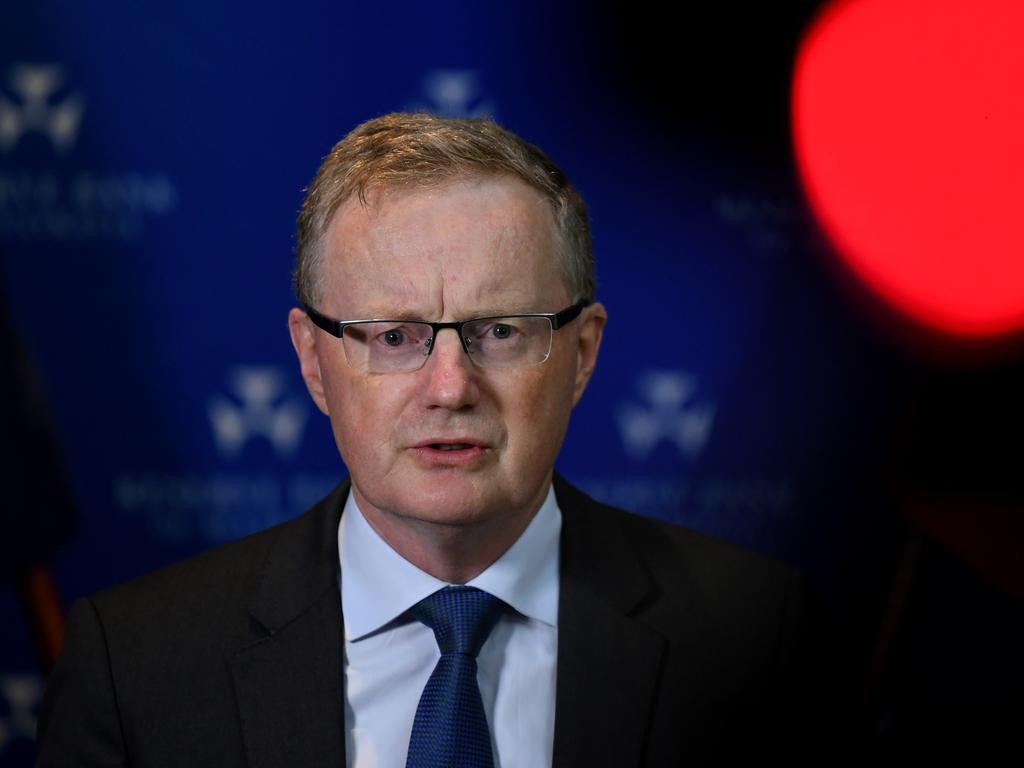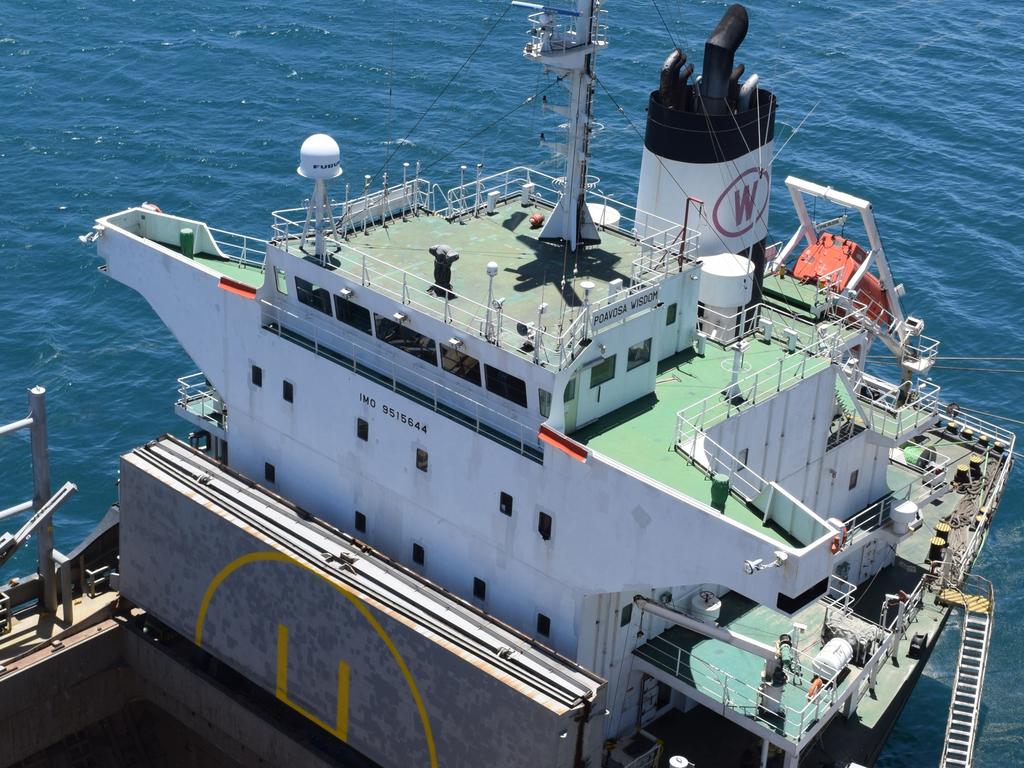Atlanta’s bid to rid itself of CC Amatil
Taking stock or moving on: the story of how Coca-Cola Amatil came to be where it is now.

When Coca-Cola Amatil stood up and acquired a low-profile cannery 15 years ago, this triggered a series of slow-moving events that would pit Atlanta against Sydney and eventually force the hand of a European partner.
Today Coca-Cola Amatil, the company whose origins date back to 1904 as a tobacco distributor, is facing a $9.3bn takeover, with its powerful US parent company The Coca-Cola Company “pulling the strings”.
It is the culmination of a somewhat strained relationship between Atlanta and its Australian bottler which began when CC Amatil bought regional Victoria fruit and vegetable cannery SPC Ardmona for $520m during an acquisition spree.
While it makes business sense to invest in diversification, CC Amatil took it to the next level — snapping up anything from water and coffee to beer, spirits and even tinned tomatoes — under its long-serving former chief executive and state representative rower Terry Davis.
The SPC acquisition would end in tears 14 years later when CC Amatil sold it for just $40m after pouring in an extra $250m in the business and tapping the Victorian government for a further $22m.
Meanwhile, Mr Davis’s successor, Alison Watkins, has said repeatedly part of her job helming CC Amatil is to improve the sometimes prickly relationship with Atlanta, which typically has 20-30 per cent stakes in its bottlers.
As far as The Coca-Cola Company is concerned, Coke is the main event. It’s what the bottlers are there for, and while a little diversification is OK — it needs to be balanced against straying too far from the flagship product in order to protect the dynamic ribbon.
After all, there are plenty of examples where companies have bitten off more than can chew and found themselves swallowed up. Think Bonlac when it looked beyond dairy to grow its business, making bold incursions into areas such as fruit juices and carbonated drinks only to be taken over by New Zealand’s Fonterra, while Foster’s Group blew apart after its costly foray into wine.
Then there is CC Amatil’s attempts at lifting Coke’s sales by distributing Coca-Cola Atlanta’s green-labelled low calorie drink Coke Life, which it was forced to embarrassingly rebrand two years after its launch when Australians overwhelmingly gave it the thumbs down.
CC Amatil was also forced to pull the popular Coke Zero drink, in its black cans, two years ago despite being popular among Australians amid a major brand refresh directed from Atlanta. Coca-Cola Australia marketing director Lucie Austin said at the time Australians had overwhelmingly said “Goodbye to Coke Zero” and “Hello to Coca-Cola No Sugar”, fitting the US parent company’s narrative.
Now the Coca-Cola Company is so keen to ram through the takeover of its CC Amatil that it will accept a heavy discount to the all-cash offer of $12.75 a share for its 30.4 per cent stake in CC Amatil. It will pocket as little as $9.57 a share for one third of its CC Amatil stake and potentially roll the rest into growing its current 19 per cent share in Coca-Cola European Partners.
The prize, or potential pitfall, could be CC Amatil’s long-struggling bottling arm in Indonesia which has ridden the ups and downs of the developing Asian economy which on paper should have been a godsend to the Australian bottler given its booming population — especially a large younger demographic — but which has disappointed.
Such was the angst at CC Amatil’s headquarters in Sydney and The Coca-Cola Company in Atlanta that Ms Watkins — just as she was getting her feet under the table at CC Amatil — helped broker a deal to sell down CC Amatil’s stake in the Indonesian business in return for a big cash investment from The Coca-Cola Company.
The deal that was eventually done was for CC Amatil to sell a 29.4 per cent equity stake in its Indonesian arm to Atlanta in return for The Coca-Cola Company investing $US500m ($710m) into the business to help it modernise its factories, improve its supply chain and lift the bottler’s performance. At the time of the big cash investment it valued CCA’s Indonesian arm at about $1.6bn.
But the worry for many CC Amatil’s shareholders, then and now, is that the company was giving away its key growth engine, its only growth engine, actually, given the key markets of Australia and New Zealand are mature and Papua New Guinea and Fiji are tiny.
With the proposed takeover by Coca-Cola European Partners, which is being backed by The Coca-Cola Company in Atlanta, the rewards flowing from a rejuvenation of the Indonesian arm could now all go to the new owners with CC Amatil shareholders missing out on the gains from years of pain.
London Stock Exchange-listed Coca-Cola European Partners itself is a product of a myriad of mergers of Coca-Cola bottlers as the Atlanta-based parent The Coca-Cola Company sought to simplify its footprint in western Europe.
The new entity, which has the equivalent of $20bn in annual sales, was formed from a 2016 three-way merger of Franco-UK Coca-Cola Enterprises, the Spanish-Portuguese-focused Coca-Cola Iberian Partners and the German Coca-Cola operator to create Coca-Cola European Partners. With shares trading also on Euronext and Wall Street, it has a market capitalisation equivalent to $23.5bn.
London-based JP Morgan Cazenove analyst Fintan Ryan told The Weekend Australian Coca-Cola European Partners would together with The Coca-Cola Company in Atlanta embark on a new strategy for the bottler in Indonesia, building on the work — and investment — already made by CC Amatil and its shareholders.
“Coca-Cola European Partners have said that they will try to do something to improve the performance/make it more consistent but haven’t committed to specific measures yet,’’ Mr Ryan said from London.
“Indonesia represents an ‘option value’ (about 5 per cent of combined group) with Coca-Cola European Partners acknowledging the high levels of investments gone into the business in recent years (as well as impairments from CC Amatil in 2020) but are optimistic about the long-term prospects for the market which they aim to unlock with a new plan with The Coca-Cola Company.
“Indonesia is a large and diverse market that is quite difficult to serve due to the geographical breadth across hundreds of islands and makes traditional scale/efficiency arguments of bottlers, for example, in Europe, a bit redundant.
“Sparkling generally is CC Amatil’s current strength in the market albeit more flavours (such as Fanta, Sprite) rather than Coca-Cola so there might be opportunity to better seed colas in the market.
“Part of the value Coca-Cola European Partners has said that it will try to apply to CC Amatil more generally is to rationalise SKU’s (product mix) — Indonesia could be part of this too, particularly in some of the lower value and more competitive areas like waters.
“Overall Indonesia will be a small part of the combined group and from the Coca-Cola European Partners perspective the real aim will be to deliver more consistent top line and profit growth (led by better emphasis on price/mix) in the Australian business where historically performance has been volatile.”
While Coca-Cola European Partners’ proposed takeover of CC Amatil has Atlanta’s blessing, ABN Amro analyst Eric Wilmer, who covers Coca-Cola European Partners out of his office in Amsterdam, said he had some doubts about the deal.
“We have some concerns regarding the deal, following seemingly limited synergies, Coca-Cola European Partners 3.4 times 2020 leverage, and timing of the deal in the midst of COVID.”
Mr Wilmer said possible rationale for the transaction included adding a higher growth area to the portfolio and cost-of-goods-sold synergies for the combined group. Although in his view these were limited.
“Buying for the sake of top line growth at this difficult timing is somewhat risky, in our view. Also feels like The Coca-Cola Company has indirectly given mandate to Coca-Cola European Partners to improve CC Amatil’s business.
“Deal is really about Coca-Cola European Partners getting access to growing market, Indonesia mainly, and to lesser extent Australia and New Zealand improving customer penetration of Amatil business.”
The Amsterdam-based analyst also saw The Coca-Cola Company’s hand in the grab for CC Amatil as the powerful Atlanta Coke parent pulled the strings.
“Another reason behind a possible deal could be The Coca-Cola Company.
“At Friday’s share price, (its) stake in Coca-Cola Amatil is worth roughly €1.5bn ($2.5bn). If (it) does not want to get diluted in Coca-Cola European Partners with 19 per cent of Coca-Cola European Partners shares, it would need to shoulder €1.1bn of the new equity raise.”
Mr Wilmer said potential synergies were limited to COGS (cost of goods sold) and mainly on the packaging and sweetener side (25 per cent of COGS).
“We have a number of doubts concerning this transaction: hardly any synergies likely at operating expenditure level; marketing, delivery, retailer contracts — all local and very different markets”.
“Synergies/savings unlikely on input costs from The Coca-Cola Company (45 per cent of cost of goods sold), in our view; no manufacturing synergies, which typically are substantial.”
For Ms Watkins, the deal represents good business. “In these kinds of roles you need to do what is right for shareholders, and I think the price that is in this proposal reflects a good expectation of that kind of recovery and improvement as well as all the hard yards we have done in recent years — so that’s just the way it goes,’’ Ms Watkins told The Australian earlier this week.
Meanwhile, CC Amatil chair Ilana Atlas said the high level of uncertainty heading into 2021 helped tip the scales to supporting the offer from Coca-Cola European Partners.
“That uncertainty heads into not just the short term but the medium term as well, so in analysing this we had to factor in a huge number of data points to come to a judgment what we thought was in the best interest of shareholders in terms of a price,” Ms Atlas said.







To join the conversation, please log in. Don't have an account? Register
Join the conversation, you are commenting as Logout